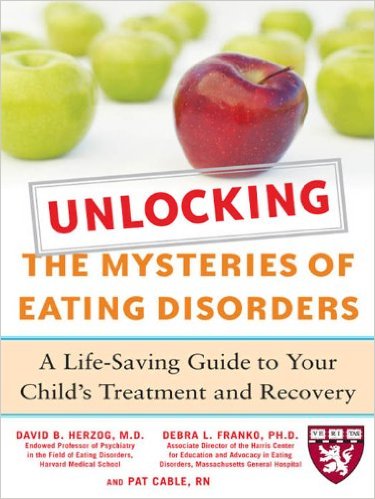- 3 Credits - 3 Semester Credits(post-baccalaureate PD credits for re-certification andpay-lane increases)accredited nationwidestart any timeup to 5 months to completeindependent studyall course materials included with course tuitionview FAQCourse DescriptionThis course will address the mysteries related to Eating Disorders (ED) and strategies to address the problems. The nature of ED and warning signs and possible diagnoses of are explained. Prevention, risk-factors and causes of ED are presented. Treatment and professional medical care are explained for potential educator referrals. Understanding and supporting the recovery process are explored for managing ED. Approaches to working with family, friends and school professionals are presented for understanding
- 3 Credits -
3 Semester Credits
(post-baccalaureate
PD credits for re-certification and
pay-lane increases)
- accredited nationwide
- start any time
- up to 5 months to complete
- independent study
- all course materials included with course tuition
- view FAQ
Course Description
This course will address the mysteries related to Eating Disorders (ED) and strategies to address the problems. The nature of ED and warning signs and possible diagnoses of are explained. Prevention, risk-factors and causes of ED are presented. Treatment and professional medical care are explained for potential educator referrals. Understanding and supporting the recovery process are explored for managing ED. Approaches to working with family, friends and school professionals are presented for understanding ED issues. Educators will research the ED issues and develop writings or activities to improve understanding and address ED concerns that may arise in school settings.



$425
3 Semester Graduate Credits
Understanding Eating Disorders for Schools
- 3 Graduate Credits -



Course Objectives
- Educators will acquire a framework of the culture of poverty and the role of language.
- Participants will learn about the hidden roles among social classes and how those roles influence how students work, behave and perceive the school experience.
- Educators will learn about the characteristics of generational poverty and how the patters of behavior, problems and world views are passed to future generations.
- Participants will explore the resources, role models, discipline and support systems.
- Educators will research the culture of poverty issue regarding alternative theories and conclusions presented in the book, as well as present a variety of solutions.
- Teachers will develop a lesson or unit plan that utilizes strategies or activities in the book and how to use instructional techniques to improve student achievement.
Credit Hours
3 Semester Credits (post-baccalaureate professional development credit)
Course Instructor
Joseph C’de Baca MaEd.
Grade Type
University Transcript: Click Here For Details
Understanding Eating Disorders for Schools
TLC Testimonials


